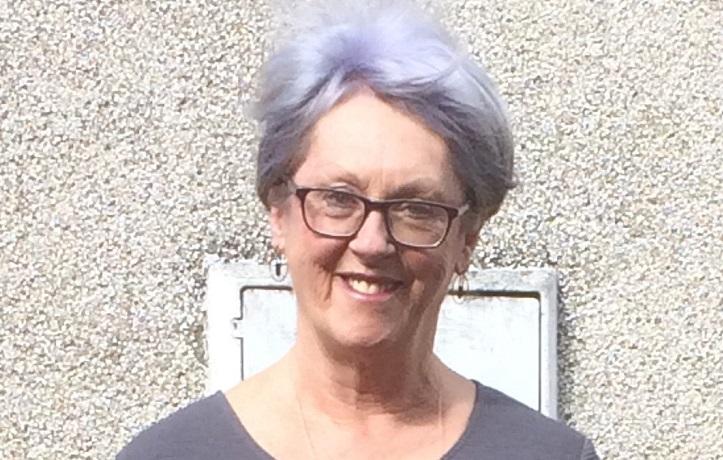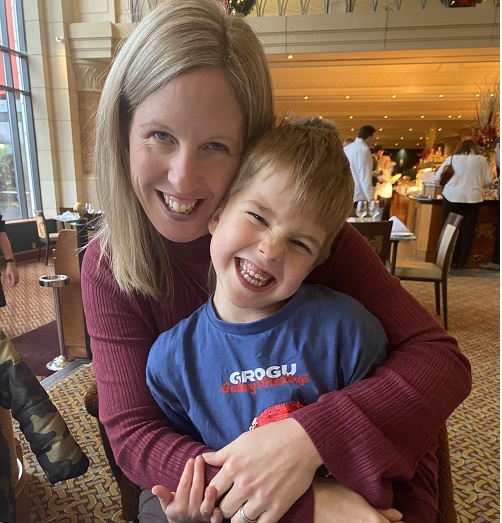
Pam
Diagnosed in 2007.
Counselling and talking about how I feel has really helped me a lot.
Diagnosed with type 2 diabetes in 2007, Pam has since struggled with the emotional impact of having the condition, not helped by a lack of support from her local healthcare services. She feels that was a missed opportunity in helping her manage her diabetes better.
Since being referred for psychological support, Pam has found counselling and keeping control of her blood sugar levels have helped her cope with her feelings of stress. She lives in Aberdeen, where she sometimes looks after her grandchildren.




